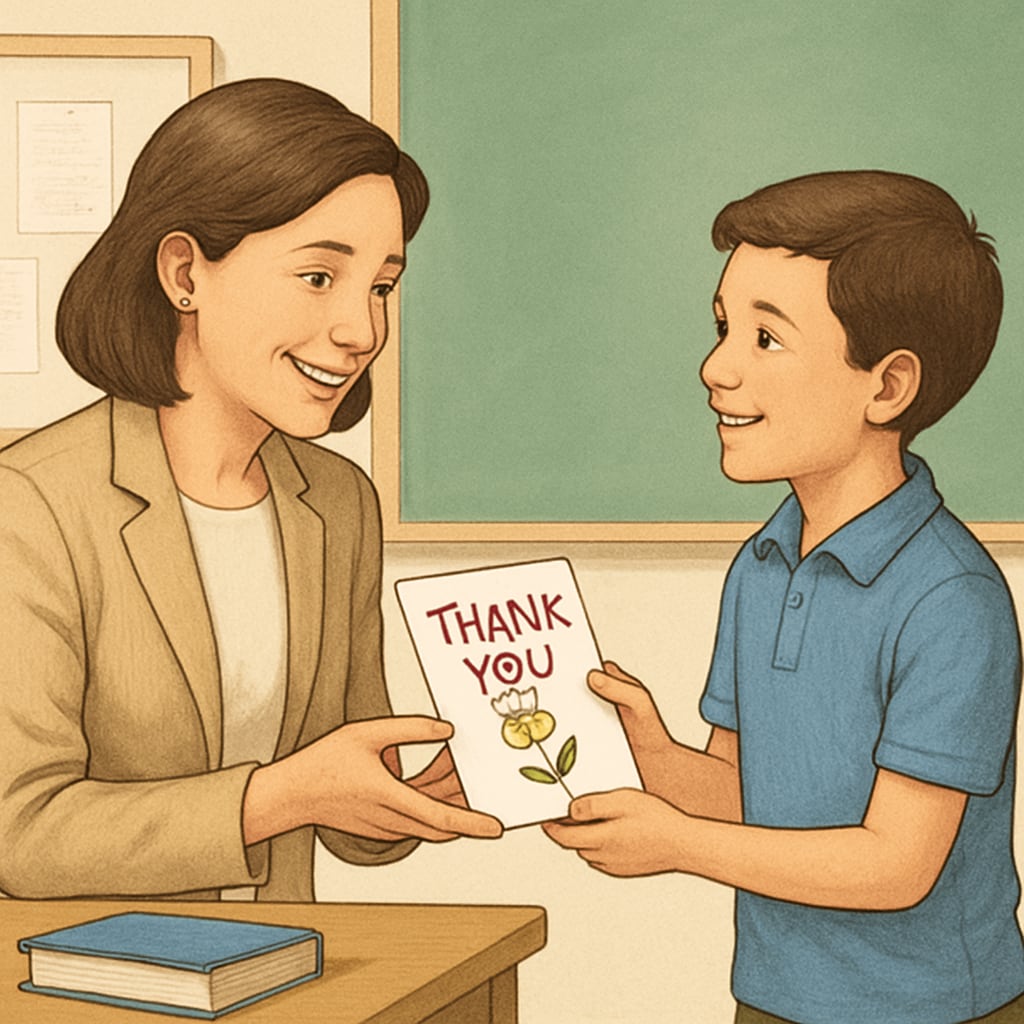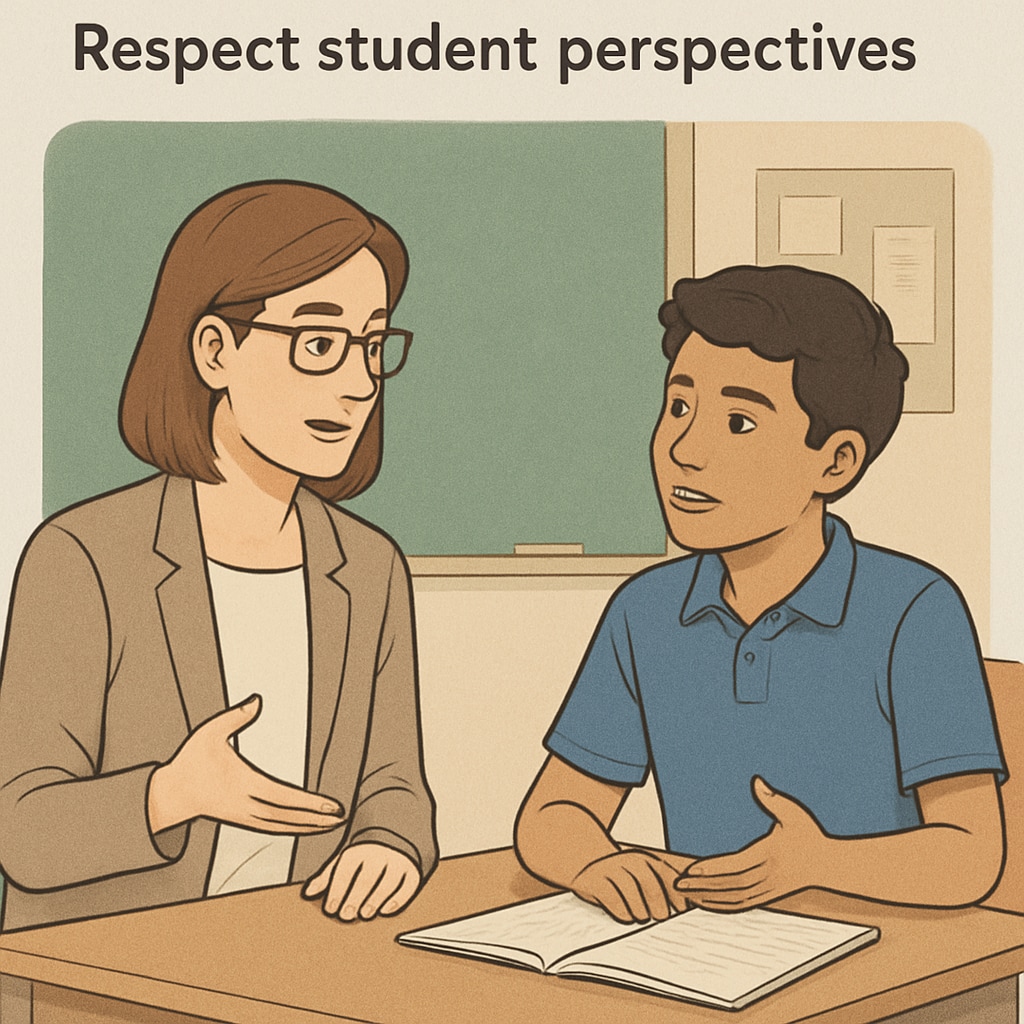In education, the power of student gratitude often goes unnoticed, yet it carries immense significance. When a student offers a heartfelt “thank you,” the ripple effects can transform not only the teacher-student relationship but the very essence of learning itself. By respecting student perspectives, teachers can unlock intrinsic motivation and foster a sense of self-worth. This dynamic interplay exemplifies how gratitude becomes the deepest echo of education, resonating far beyond the classroom walls.
The Transformative Power of Gratitude in Education
Gratitude is more than a polite gesture; it is a profound acknowledgment of value and effort. When students express genuine appreciation, it reflects their recognition of the teacher’s influence and dedication. For educators, such moments validate their purpose and reinforce their passion for teaching. According to a study on positive psychology, gratitude fosters a cycle of positivity, improving emotional well-being for both the giver and receiver.

In addition, gratitude encourages a culture of mutual respect and collaboration. Students who feel heard and valued are more likely to actively engage in their learning journey. They gain a sense of ownership over their education, which translates into higher levels of participation and achievement.
Respecting Student Perspectives: The Key to Self-Worth
Respecting student perspectives is foundational to effective teaching. When educators actively listen and respond to students’ ideas, they affirm their individuality and worth. This practice not only strengthens student confidence but also builds a supportive learning environment where curiosity thrives.
For example, incorporating student feedback into lesson plans or classroom discussions demonstrates that their voices matter. This approach helps students see themselves as contributors rather than passive learners. As a result, they develop intrinsic motivation, which is essential for long-term academic and personal growth.

The Deep Impact of Teacher Influence
Teacher influence extends far beyond academic instruction. By fostering a culture of gratitude and respect, educators shape students’ attitudes toward learning and life. These lessons often stay with students long after graduation, guiding their interactions and decisions.
Consider the example of a teacher who consistently encourages open dialogue and appreciates student input. Such practices cultivate trust and mutual respect, creating profound connections that enhance the educational experience. According to Britannica’s insights on education, the role of a teacher is not just to impart knowledge but to inspire and empower students.
Furthermore, when teachers model gratitude and respect, students are more likely to adopt these values in their own lives. This ripple effect contributes to building compassionate and collaborative communities.
Readability guidance: Use short paragraphs and lists to summarize key points; ensure smooth transitions with linking phrases such as “as a result,” “in addition,” and “for example.” Minimize passive voice while maintaining clarity and engagement.


